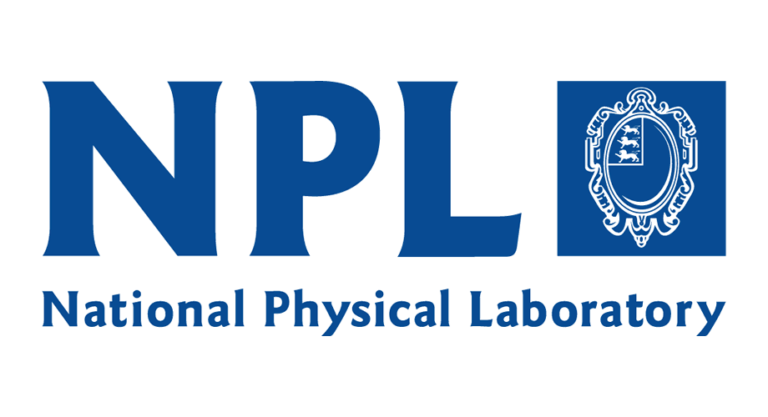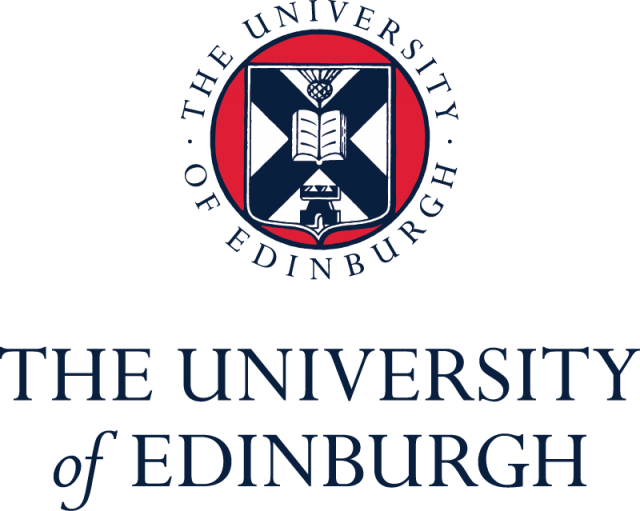Project Description
Advanced imaging systems, operating in the visible and thermal infrared bands, are critical for a wide range of defence and security applications. Thales Glasgow is a leader in the development of these types of imaging technologies, with many applications across land and maritime platforms. These imagers are used for detection, recognition, and identification of remote objects over many kilometres. These long optical paths distort the images received, as temperature variations and wind, lead to time varying changes the refractive index of the air, deforming the optical images received. Rain and fog result in optical scattering, leading to further loss of image quality. Adaptive optical systems, similar to those used for astronomical imaging or corrective software can be used to mitigate image distortion. However, limited technology exists for effectively correcting long, horizontal imaging paths, and validating their correction performance.
The aim of this research is to build on the existing physical atmospheric simulators that are in place at the University of Glasgow, to develop an understanding of the impact of environmental conditions on imaging systems. A key output of the PhD will be to demonstrate accurate lab-based emulation of real-world conditions on optical fields. In collaboration with Thales, the project will apply this understanding and emulation of atmospherics effects for the development and testing of next generation imaging systems. The project will offer an opportunity to gain experience in the design and development of optical imaging systems, state of the art approaches for optical analysis, real time automation of electrical systems, modelling of atmospheric behaviour and application of machine learning for data analytics. The successful candidate will be expected to conduct both experimental and theoretical work during the project, working closely with supervisors at Thales and the University of Glasgow. We aspire to publish technical outputs in international journals/conferences and, potentially, patent key aspects of the project relating to the accurate emulation of atmospheric conditions for a broad range of imaging applications.
Diversity and Inclusion at Thales | Thales Group
CDT Essential Criteria
A Masters level degree (MPhys, MSc) at 2.1 or equivalent.
Desire to work collegiately, be involved in outreach, undertake taught and professional skills study.
Project Essential Criteria
An interest in optical imaging, atmospheric propagation, scintillation and experimental design.
Potential candidates must be eligible for ‘home fees’ status (normally UK Nationals, or international candidates that have more than 3 years residency in the UK) and may be subject to security clearance requirements.
Project Desirable Criteria
Experience with programming, such as Matlab, Python or Mathematica.
Experience with software control of electrical systems, such as Arduino, FPGA or general digital I-O control.
An interest in fluid dynamics and modelling challenges.
The CDT
The CDT in Applied Photonics provides a supportive, collaborative environment which values inclusivity and is committed to creating and sustaining a positive and supportive environment for all our applicants, students, and staff. For further information, please see our ED&I statement: https://bit.ly/3gXrcwg.
Forming a supportive cohort is an important part of the programme and our students take part in various professional skills workshops, including Responsible Research and Innovation, and attend outreach training.









